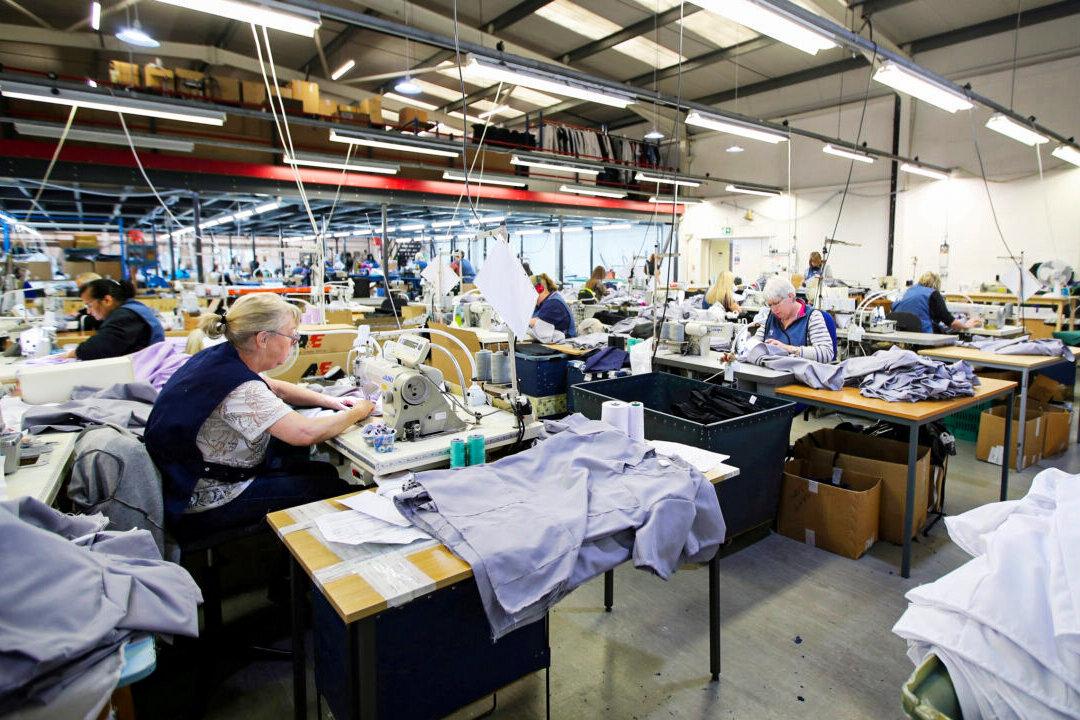The shortage of workers could cost the UK economy £30 billion ($36 billion) every year recruiters have warned, as they ask for longer visa extensions and other measures to avoid the “economy being brought to its knees.”
Shazia Ejaz, director of campaigns at the Recruitment and Employment Confederation (REC), told The Epoch Times there was an “extreme skills shortage shortage” in the UK and that firms across the country are struggling to hire staff, risking “significant damage” to the economy.





